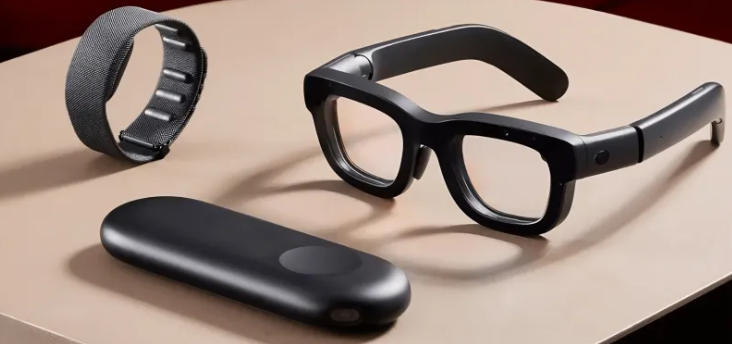Meta’s First Display-Equipped Smart Glasses, Hypernova, May Launch in September at $800
Meta is gearing up to expand its wearable technology portfolio with the launch of its first pair of smart glasses featuring a built-in display. Codenamed Hypernova, the device is expected to debut in September, according to Bloomberg. What stands out is not just the timing, but the pricing—Meta reportedly plans to release the glasses at around $800, significantly below earlier estimates of $1,000–$1,400.
By lowering the entry point, Meta appears willing to operate on thinner profit margins to encourage adoption. While premium add-ons like designer frames or prescription lenses may increase the cost, the base price alone makes Hypernova far more accessible than initially feared.
Unlike a full-fledged AR headset, Hypernova is being positioned as a stepping stone device. The glasses will feature a small display on the right lens for notifications, alerts, and lightweight applications. They will also integrate with Meta’s neural wristband, which interprets electrical signals from the wrist, allowing users to control the glasses through subtle hand gestures instead of physical inputs.
The move comes at a time when the AR/VR market is in flux. Apple’s $3,499 Vision Pro, launched last year, has drawn criticism for its steep price, bulky design, and limited content library—factors that have kept sales modest. While Apple is targeting a high-end, cinema-like mixed reality experience, Meta seems focused on delivering practical, everyday functionality at a more consumer-friendly price point.
Hypernova also builds on Meta’s earlier experiments, such as its Ray-Ban Stories collaboration, which emphasized lifestyle features like photo capture and audio streaming. With the addition of a display and new control method, Hypernova represents a more ambitious step toward AR integration.
For consumers, the glasses could mark the first affordable gateway into wearable displays. Whether Hypernova becomes a mainstream hit or a niche gadget will depend on Meta’s ability to support it with apps, updates, and deeper integration into its ecosystem.










